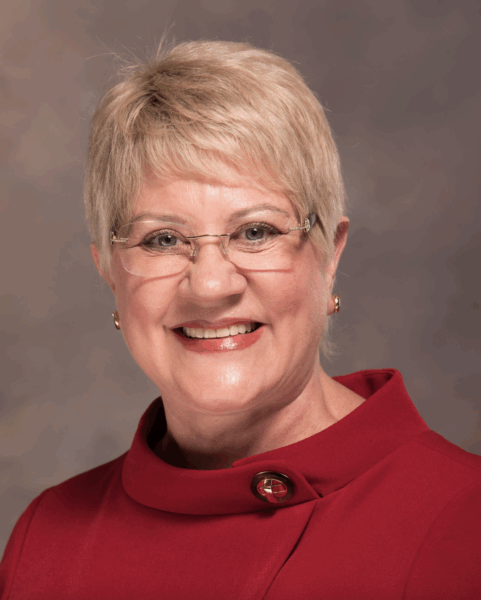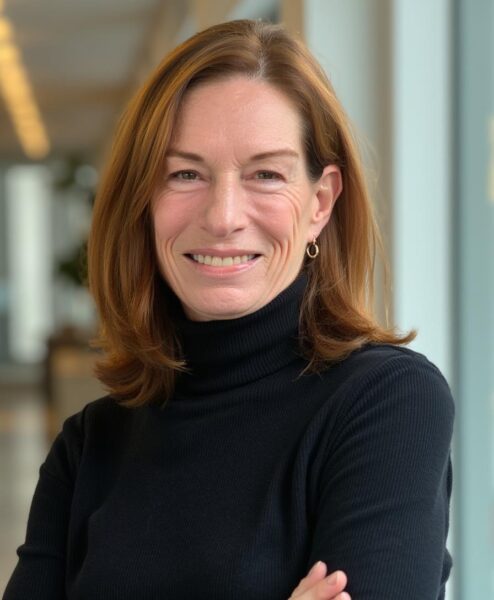
Annual General Meeting of Members
Please join us for the Annual General Meeting of Members. Voting for the Board of Trustees will take place during this dinner event. Complimentary parking is available, and beer and wine are included with dinner. This program is open to the public.
About Our Speakers:
PLEASE NOTE THE SPEAKER LINEUP HAS CHANGED AS OF 9/16/25
NEW SPEAKER: Karen R. Hilliard, Ph.D.
U.S. Agency for International Development (USAID) | Senior Foreign Service Officer: Career Minister Counselor
 Dr. Hilliard is a retired senior government executive with broad experience in the development and administration of economic, environmental, social, and health care reform programs in global arenas. Before her retirement in 2021, her last assignment was as an Assistant Professor of National Security Strategy at the National War College at Fort McNair in Washington DC. She taught courses throughout the Master of National Security Strategy Program, set up by the Joint Chiefs of Staff to prepare future military, diplomatic, and intelligence officers for senior leadership roles. The program included thirty senior officers from allied countries.
Dr. Hilliard is a retired senior government executive with broad experience in the development and administration of economic, environmental, social, and health care reform programs in global arenas. Before her retirement in 2021, her last assignment was as an Assistant Professor of National Security Strategy at the National War College at Fort McNair in Washington DC. She taught courses throughout the Master of National Security Strategy Program, set up by the Joint Chiefs of Staff to prepare future military, diplomatic, and intelligence officers for senior leadership roles. The program included thirty senior officers from allied countries.
Dr. Hilliard is a 34-year veteran of the Foreign Service and holds the rank of Minister Counselor. Overseas she served as USAID Mission Director to Jamaica, Armenia and Moldova, Acting AID Representative to Mongolia, and Deputy Mission Director of the Regional Mission to Ukraine, Moldova and Belarus. In Washington, she served as Director of the Office of Strategic Planning and Budgeting in the Bureau for Global Health and held leadership positions in both the Program and Operations and Management Offices in the Bureau for Europe and Eurasia. Other overseas assignments included Nicaragua, Haiti, Malawi, Egypt and the Sultanate of Oman.
She cultivated partnerships to align host country policies and foreign aid provided by other donor organizations with US foreign policy priorities. Through skilled communication and negotiation, Dr. Hilliard orchestrated programs that drove transformative change at the national level in the countries to which she was assigned. She has been a frequent keynote speaker on international development topics at domestic and international conferences.
Dr. Hilliard has a Master of Arts Degree in Latin American Studies, a Master of Public Administration Degree, and a Ph.D. in Political Science from the University of New Mexico. She is a former political science instructor at the University of Arizona and assistant professor of public administration at Florida State University. She has published multiple articles in peer-reviewed public health and public administration journals. She has served as a subject matter expert in Latin America and the Caribbean as well as Eastern Europe and the former Soviet Union. She speaks Spanish and French fluently and has studied Portuguese, Armenian, Romanian and Quechua in which she gained various levels of proficiency.
Dr. Hilliard has three adult children who grew up and studied in countries around the globe. Now retired, she divides her time between the Southwestern United States and Verona, Italy.
 DR. SONYA STOKES is an attending physician in the department of emergency medicine at UCSF School of Medicine, and she is a member of the Council on Foreign Relations independent task force on preparing for the next pandemic. During the first wave of COVID-19 in New York City, Dr. Stokes co-authored the mass casualty protocol for evaluating and managing COVID-19 patients in the emergency department at Mount Sinai Icahn School of Medicine where she also served as medical director of the COVID-19 Advisory Group. She was a fellow at Johns Hopkins Center for Health Security in the Emerging Leaders in Biosecurity program, and she serves on the scientific advisory board for the Integrated Bioscience and Built Environment Consortium.
DR. SONYA STOKES is an attending physician in the department of emergency medicine at UCSF School of Medicine, and she is a member of the Council on Foreign Relations independent task force on preparing for the next pandemic. During the first wave of COVID-19 in New York City, Dr. Stokes co-authored the mass casualty protocol for evaluating and managing COVID-19 patients in the emergency department at Mount Sinai Icahn School of Medicine where she also served as medical director of the COVID-19 Advisory Group. She was a fellow at Johns Hopkins Center for Health Security in the Emerging Leaders in Biosecurity program, and she serves on the scientific advisory board for the Integrated Bioscience and Built Environment Consortium.
Dr. Stokes received her medical degree from UC Davis School of Medicine, and she completed her fellowship training at Columbia University Medical Center where she also earned a master of Public Health in the program on forced migration and humanitarian assistance. She specializes in health systems strengthening in limited-resource settings with a focus on increasing access to trauma and acute care services in conflict-impacted regions, including the Democratic Republic of the Congo and Afghanistan. She lives in San Francisco.
 STEFANIE SOBOL is an award-winning humanitarian strategist with more than two decades of field-based leadership in conflict, disaster, and post-conflict environments. As Senior Humanitarian Advisor in USAID’s Bureau for Humanitarian Assistance, she held full-time postings in Ukraine, Senegal, Nigeria, Mali, Central African Republic, Burkina Faso, Afghanistan, Sierra Leone, Liberia, and Rwanda, directing complex, multimillion-dollar responses to crises and spearheading innovative approaches that bridged emergency relief with long-term recovery. Her work has spanned mobilizing $1 billion in aid after Russia’s invasion of Ukraine, introducing cost-saving logistics platforms in Central Africa, and pioneering economic resilience programs during the global food price crisis.
STEFANIE SOBOL is an award-winning humanitarian strategist with more than two decades of field-based leadership in conflict, disaster, and post-conflict environments. As Senior Humanitarian Advisor in USAID’s Bureau for Humanitarian Assistance, she held full-time postings in Ukraine, Senegal, Nigeria, Mali, Central African Republic, Burkina Faso, Afghanistan, Sierra Leone, Liberia, and Rwanda, directing complex, multimillion-dollar responses to crises and spearheading innovative approaches that bridged emergency relief with long-term recovery. Her work has spanned mobilizing $1 billion in aid after Russia’s invasion of Ukraine, introducing cost-saving logistics platforms in Central Africa, and pioneering economic resilience programs during the global food price crisis.
Stefanie’s leadership has included guiding USAID’s humanitarian surge teams in crisis zones such as Libya, advancing conflict-sensitive programming in West Africa, and establishing USAID’s first permanent humanitarian presence in Afghanistan. She has cultivated strategic partnerships across governments, UN agencies, NGOs, and the private sector, ensuring aid reached the most vulnerable while strengthening local capacity. Her career reflects deep expertise in navigating geopolitical complexity, sustaining humanitarian principles in volatile settings, and scaling impact through data-driven decision-making, capacity building, and collaborative governance.
Today, she draws on her extensive field experience to advise organizations on humanitarian policy and strategy, grounded in the belief that true humanitarian assistance is the exercise of soft power at its best.

